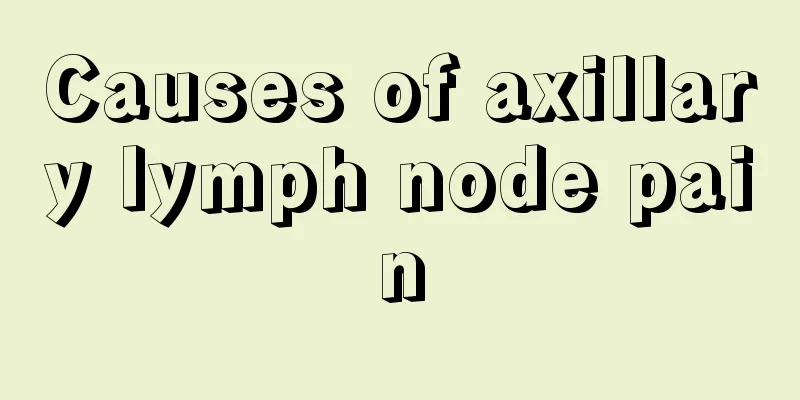Effects of Amisulpride on the Brain

|
The effect of amisulpride on the brain Many people may not be very familiar with the drug Paco Amisulpride Tablets, and we don’t use it often. This medicine is mainly used to treat schizophrenia, a type of mental illness that sometimes causes symptoms such as auditory and visual hallucinations, causing a lot of pain to patients and their families. The use of amisulpride can also cause some side effects. Let's take a closer look at the effects of amisulpride on the brain. Like other neuroleptic drugs, amisulpride may cause malignant syndrome, characterized by high fever, muscle rigidity, autonomic dysfunction, impaired consciousness, and elevated creatine phosphokinase levels. In the event of a high fever, especially in patients taking high doses of medication, all antipsychotic treatment, including this product, should be discontinued. As with other antidopaminergic drugs, amisulpride should be prescribed with caution to patients with Parkinson's disease because of the potential for exacerbation of the disease. Amisulpride should be used only when neuroleptic therapy cannot be avoided. Prolongation of the QT interval Amisulpride prolongs the QT interval in a dose-related manner. This effect may increase the risk of serious ventricular arrhythmias, such as torsades de pointes. The risk of serious ventricular arrhythmias is increased in the presence of bradycardia, hypokalemia, or congenital or acquired QT prolongation. If the clinical situation permits, before administering the drug, make sure that the patient does not have the following factors that may cause arrhythmias: bradycardia, heart rate electrolyte imbalance, especially hypokalemia; congenital QT interval prolongation. Current drug therapy that may result in significant bradycardia should be considered as part of the early evaluation. Stroke In placebo-controlled, randomized clinical trials of elderly patients with dementia and treated with certain atypical antipsychotics, a 3-fold increased risk of cerebrovascular events was observed. The mechanism for this increased risk is unclear. The possibility of an increased risk with concomitant use of other psychiatric medications or in other patient populations cannot be excluded. Amisulpride should be used with caution in patients with risk factors for stroke. Elderly patients with dementia-related psychosis who are treated with antipsychotics are at increased risk of mortality. Although the causes of death in clinical trials of atypical antipsychotic treatment vary, the majority of deaths appear to be of a cardiovascular or infectious nature. Observational studies suggest that conventional antipsychotic therapy, like atypical antipsychotics, may also be associated with mortality. The extent to which increased mortality findings in observational studies can be attributed to antipsychotics is uncertain because a proportion of patients were poorly characterized. Venous Thromboembolism Cases of venous thromboembolism, some fatal, have been reported with antipsychotic therapy. Therefore, this product should be used with caution in patients with risk factors for venous thromboembolism. Precautions: Hyperglycemia has been reported in patients receiving certain atypical antipsychotics, including amisulpride, so patients with a confirmed diagnosis of diabetes or risk factors for diabetes should have their blood glucose appropriately monitored if amisulpride is initiated. Psychotropic drugs can lower the threshold for epileptic seizures. Therefore, patients with a history of seizures should be carefully monitored while taking amisulpride. Since the drug is mainly excreted through the kidneys, the dosage should be reduced for patients with renal insufficiency. There are no relevant clinical data for patients with severe renal impairment. Because the elderly are more sensitive to drugs, special attention should be paid when taking medications. |
<<: Tips for repairing glass scratches
>>: The difference between atrial tachycardia and supraventricular tachycardia
Recommend
Does thyroid cancer cause toothache?
Whether thyroid cancer can cause toothache depend...
Is it good to be pregnant with skin cancer
When it comes to cancer, everyone is in a panic. ...
What diseases can ovarian tumors cause
People are very afraid when talking about ovarian...
Lung cancer is prone to recurrence in spring. What should we do? Diet recommendations to prevent lung cancer recurrence
Lung cancer is one of the malignant tumors with t...
Is it good to drink black tea when you have a cold
There are many kinds of Chinese tea, among which ...
How to improve enlarged calf pores
Many people worry about the large pores on their ...
How long does it take for early bile duct cancer to become advanced stage
If a patient suffers from bile duct cancer, he or...
Is grapefruit peel poisonous?
Pomelo is a very popular fruit. The fruit is rela...
Be alert to bladder cancer if you have hematuria. How to effectively prevent bladder cancer?
Bladder cancer is very common in our lives, espec...
How to detect open neural tube defects?
Open neural tube defects are a disease that most ...
What should I do if water gets into my ears while swimming
In the hot summer, many people go swimming. Swimm...
I always feel choking in my throat. Could it be esophageal cancer?
The constant feeling of choking in the throat may...
What are the methods of gastric cancer review?
For gastric cancer reexamination, you can go to t...
Can hemorrhoids be cured?
Hemorrhoids are a very common disease. This type ...
Can breast cancer patients eat yam? What are the precautions for breast cancer patients
Breast cancer patients can eat some yam. Breast c...









